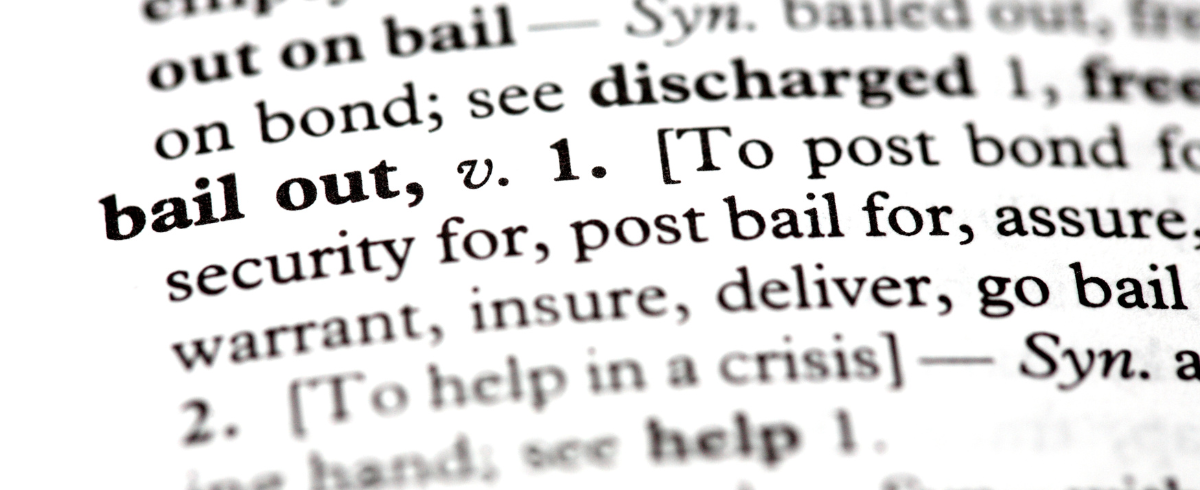By Steven E
Worst financial crisis since the Great Depression? Yes—but don’t be cowed by talk of calamity. Disasters call for prudence and circumspection, not frenzied action. Congress, in particular, must carefully consider the downsides of any bailout plan before granting the Treasury department the unprecedented, unfettered, and certainly un-American power to nationalize private assets of dubious value with $700 billion of public money—a monumental sum that eclipses even the cost of the Iraq war. For congress, waiting a few weeks to legislate a solution does mean protracting the current crisis. But there is no reason to believe that the world economy would collapse in that time. On the other hand, it is reasonable to believe that implementing the proposed bailout plan may have long-term adverse effects on capitalism. The solution congress is about to legislate will foster corruption, increase market volatility, address the effects of a problem rather than its cause, and it sets a dangerous precedent. None of these shortcomings are being discussed by the press.
- It will lead to corruption.
Laws that govern securities trading are designed to prevent malfeasance and self-dealing. These regulations don’t apply to the Treasury department because the department was never intended to transact with the private sector. Having the Treasury department bid on private securities would be a mistake. The department has no checks and balances. We’ll see cronyism in the distribution of these funds. At the same time, there will be no provisions for judicial review, public contests, or appeals. The process will be secretive, undemocratic, and anticapitalist. - It will not resolve market volatility, and may increase it.
The lack of transparency that is bound to accompany the infusion of $700 billion into the economy—more specifically, into firms that took down our economy—will rally some investors sometimes and disappoint others. The point is there will be more surprises, not fewer. - It addresses the effects of problems rather than their cause.
This bailout addresses the effects of serious problems (declining house prices; defaulting mortgages; a drying credit market) but ignores the cause of those problems (regulatory missteps).An approach that offers the veneer of financial security without addressing the roots of instability amounts to a formula for disaster. A sudden flurry of liquidity in the credit markets can lead to a bout of foolish borrowing by distressed corporations. Financial institutions may repeat some of their earlier mistakes.
- It sets a precedent. This begins with $700 billion, but who knows where it ends?
The entire country is faced with an economic catastrophe. Two men—Henry Paulson and Ben Bernanke—say the solution is to have every American lend $2000 to a secretive governmental agency. This is not our only option. We can think of others. Ask yourself this: Even if all the Bush administration’s hyperbole about financial mushroom clouds is true, even if that rhetoric weren’t suffused by the administration’s ignoble history, even if Henry Paulson and Ben Bernanke were the two most capable, trustworthy men on the planet (and yes, they are capable and trustworthy, but in a few months a new administration will take office and there may be a new treasury secretary), even if a solution were absolutely necessary to avert a full-scale depression—even if all that were the case, wouldn’t it still be preferable for congress to take time to evaluate other options? This solution may prove more dangerous than the problem.
